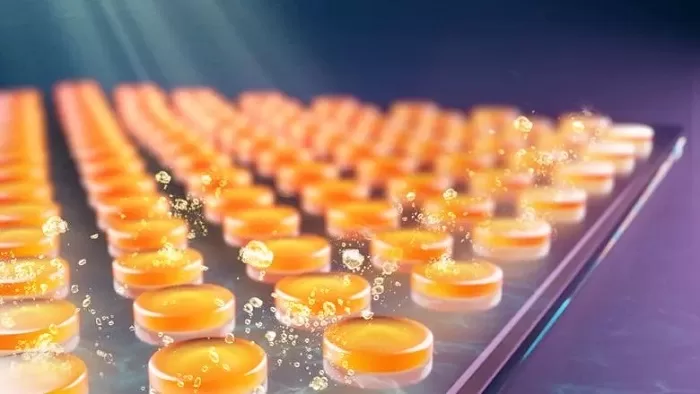Science & Environment
King’s Researcher Leads £10 Million EPSRC Grant Investigating Light-Driven Energy-Conversion

Could the world’s most abundant energy source – light – solve one of the most pressing demands for a sustainable society, reducing the energy required in key chemical processes? Professor Anatoly Zayats from King’s will lead a multidisciplinary team of physicists and chemists to investigate steering of chemical processes with plasmonic nanostructures.
Professor Anatoly Zayats from the Department of Physics at King’s will lead an Engineering and Physical Sciences Research Council (EPSRC), part of UK Research and Innovation, programme grant of £10 million funded by EPSRC and industry project partners for a six-year study to investigate light-driven energy-conversion at the nanoscale for stimulating chemical transformations. The project ‘New perspectives in photocatalysis and near-surface chemistry: catalysis meets plasmonics’ aims to advance a new field of research called “plasmo-catalysis”, which will take the light-harvesting capabilities of metallic nanostructures and transform this energy to control chemical reaction pathways in photocatalysis and photo-electrocatalysis. The research has the potential for wide-reaching applications in energy production, environmental clean-up & the pharmaceutical industry.
This multidisciplinary research programme combines the expertise of King’s and Imperial College London and UK Catalysis Hub researchers (represented by Cardiff University, UCL, University of Manchester and University of Bath), and supported by industrial partners, in order to understand underlying fundamental physical and chemical processes and how to control them and develop a material base for new photocatalysts.
The project builds on two previous programme grants between King’s and Imperial College London in the field of plasmonics, which have demonstrated a fundamental understanding on how to efficiently harvest light for energy conversion – now providing a route to applications in chemistry and catalysis. In this next step, researchers from the UK Catalysis Hub will collaborate with the team to apply their expertise to some of the most challenging problems facing a green energy society.
This new project contributes to and strengthens the net zero research within the London Centre for Nanotechnology and the London Institute for Advanced Light Technologies.
Professor Zayats and his team at King’s will lead this grant in collaboration with Imperial College London (led by Professor Stefan Maier) and UK Catalysis Hub (led by Professor Sir Richard Catlow).
Source: King’s College London

















































